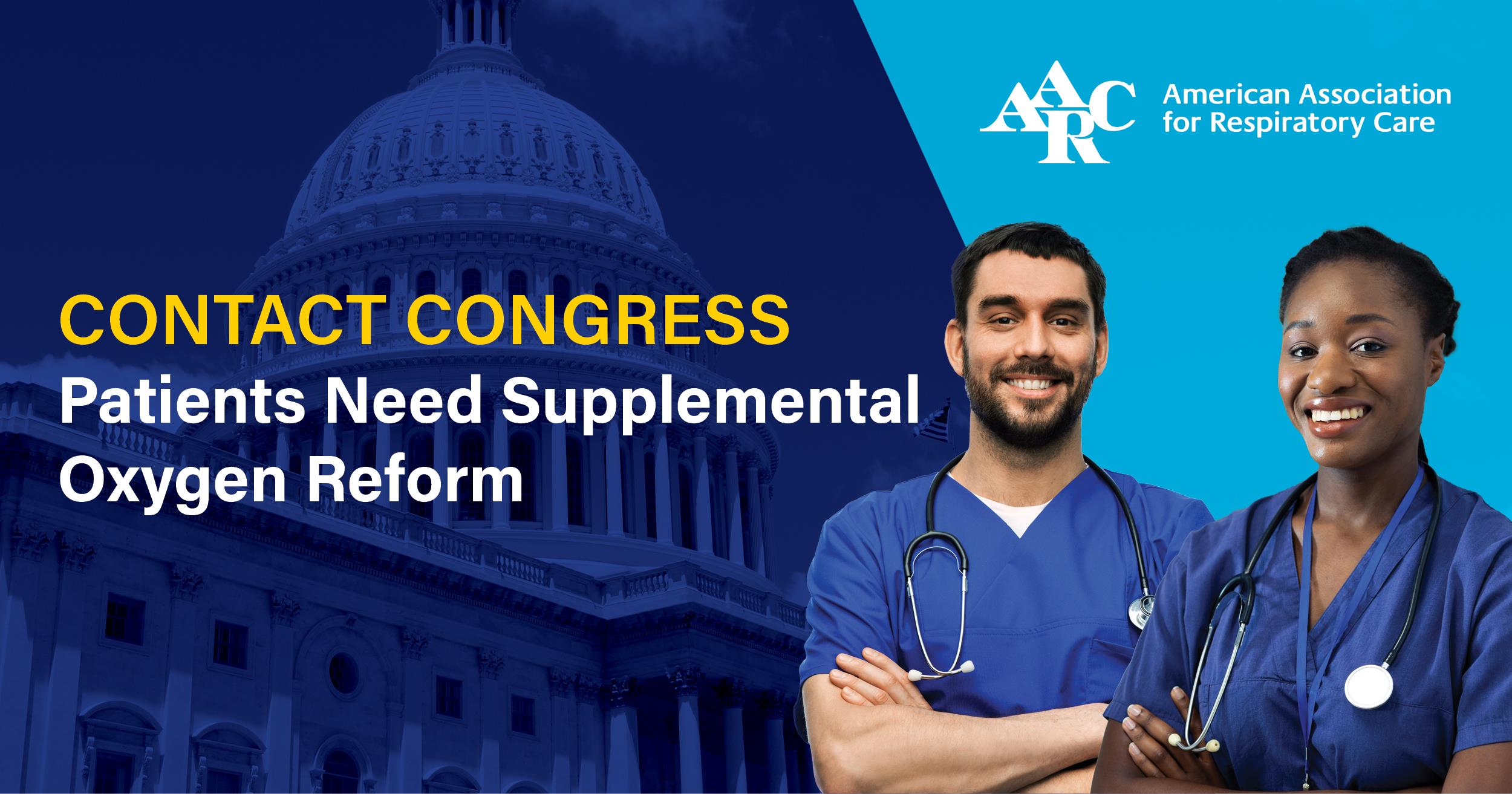Professional Advocacy
The term Advocacy encompasses a broad range of activities ranging from research, public education, lobbying and voter education which can influence public policy. Advocacy is the number one way to advance the issues of the RT profession to bring about positive change. The American Association for Respiratory Care and state affiliate societies such as the WVSRC put forth bills in the U.S. Congress that will benefit the RT profession and the patients we serve. Below are two current bills that we are actively advocating to our state representatives and senators to co-sponsor and pass into law.
How Do I Get Involved?
Whether you are a respiratory therapist, student, physician, member of another healthcare profession, or patient, you can join us in advocating for the role and work of respiratory therapists in the following ways:
- Check in on the AARC Advocacy website for updates and current campaigns. https://www.aarc.org/advocacy/
Keep up to date by joining our e-mail list and checking this webpage frequently.
Spread awareness of the profession by sharing our social media campaigns.
Respond to opportunities by answering calls to action.
Care for patients in a way that reflects well on the profession and brings greater respect.
Current Campaigns

The Supplemental Oxygen Reform (SOAR) has been introduced in the Senate and is awaiting further progress. Our coalition has worked long and hard together to make this happen. Be sure to remind your members on the importance of the bill and reaching out to their Senators for their support. Stay tuned for the fly-in toolkit.
Social Media
Use and share the social media resources here to promote your lobby efforts. Looking for a hashtag? Use #pulmrehab, #aarclobby, #patientsneedPR, #advocateforRTs, #expandPRnow and #improvePRaccess in your social media posts to help unify our messages.
WVSRC Legislative Goals
- Monitor and formally comment on all law and rule changes proposed which impact the profession of respiratory care.
- Monitor all proposed bills of the West Virginia legislature and testify at hearings to support the qualifications, scope and inclusion of the RCP in bills to provide safe, quality respiratory care to protect the public.
- Engage state agencies to include the WVSRC as an interested party when promulgating regulations which impact the roles and services provided by respiratory care professionals.
- Support all AARC led efforts to expand the recognition and scope of the respiratory therapist in Federal law and regulation, especially the Centers for Medicare and Medicaid (CMS), including participating in AARC Hill Day and Lobbying Campaigns.
- Communicate and engage RCPs throughout West Virginia in legislative efforts through newsletters, email blasts, social media, and events when possible.
Find my West Virginia Legislators: https://www.wvlegislature.gov
Current Legislative Agenda
This bicameral, bipartisan bill includes provisions to expand access to telehealth services on a permanent basis; specifically, it promotes increased access to telehealth services by health care professionals, such as respiratory therapists (RTs), who are not currently described as eligible practitioners in the Medicare program’s telehealth benefit, as part of new payment models being tested by the Centers for Medicare & Medicaid Services (CMS) Innovation Center. Testing models that include RTs as telehealth providers offers expanded access to their expertise. Over 150 organizations officially supported this legislative initiative, including AARC, as well as half the Senate.
Allied Health Workers Diversity Act — H.R. 3320 and S. 1679
This bill was first introduced in 2019 to support the need to improve educational opportunities through use of grants or scholarships for individuals who are from underrepresented backgrounds, including students from racial and ethnic minorities, in the allied health workforce. At the time, however, only the professions of physical therapy, occupational therapy, speech language pathology and audiology were included. Based on the recommendation of the House Energy and Commerce Committee, the committee with jurisdiction for the bill, the reintroduction of the bill in the 117th Congress will include respiratory therapists. The bill would increase retention of students by awarding financial support to eligible RTs to complete an associate, bachelor, master, or doctoral degree program. AARC can also make recommendations on eligible candidates.
The American Association of Home Care (AAHomecare) serves as an advocate for their members on a variety of issues facing the homecare and home medical equipment sectors of healthcare. From working with Congress and regulatory agencies, to partnering with community, state and national associations, our efforts are focused on keeping providers strong while ensuring rights for patients.
Learn more about their advocacy efforts, and to take action on specific legislation, please visit their website: https://www.